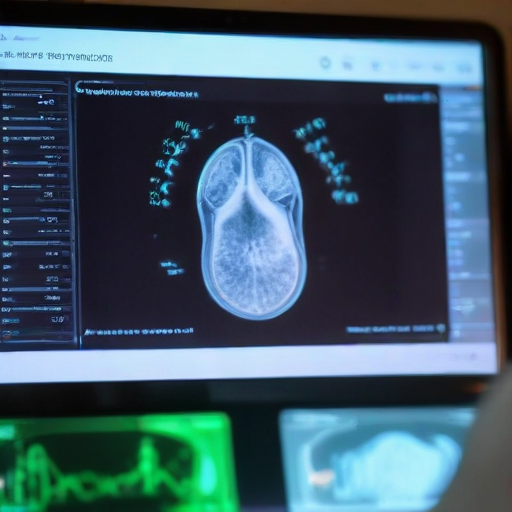A healthcare technology company has announced that its AI software is capable of detecting prostate cancer more accurately than traditional methods employed by doctors.
In a recent study published in the Journal of Urology, Avenda Health collaborated with UCLA Health to evaluate the effectiveness of its Unfold AI software. The study involved ten doctors, each analyzing 50 prostate cancer cases. The results showed that Avenda’s AI detected cancer with an impressive accuracy of 84.7%, significantly outperforming the human assessments, which ranged from 67.2% to 75.9%.
Furthermore, the research indicated that when AI was used to assist in cancer contouring, it resulted in predictions of tumor size that were 45 times more accurate and consistent compared to assessments made without AI assistance. Dr. Shyam Natarajan, an assistant adjunct professor at UCLA and the senior author of the study, pointed out that the integration of AI not only improved accuracy but also led to greater agreement among doctors in their assessments.
Dr. Wayne Brisbane, an assistant professor of urology at UCLA, noted that while MRIs are commonly employed to evaluate tumors, some are not visible through this imaging technique. In such cases, AI can fill in the gaps and enhance detection capabilities. Dr. Brisbane highlighted the potential for AI to facilitate more effective and personalized cancer treatment, enabling healthcare providers to tailor interventions to meet individual patient needs more successfully.
Avenda Health’s CEO, Dr. Natarajan, expressed optimism about the validation of their technology through studies and recognition from the American Medical Association (AMA), emphasizing its empowering nature for physicians.
Prostate cancer remains a significant health concern in the U.S., with approximately 1 in 8 men diagnosed during their lifetime and 1 in 44 fatalities attributed to the disease, according to the American Cancer Society. In 2023, it is estimated that there will be 299,010 new cases and 35,250 deaths from prostate cancer in the country.
This advancement in AI technology represents a hopeful step towards improving early detection and treatment outcomes for prostate cancer patients, paving the way for more innovative solutions in the healthcare sector.
